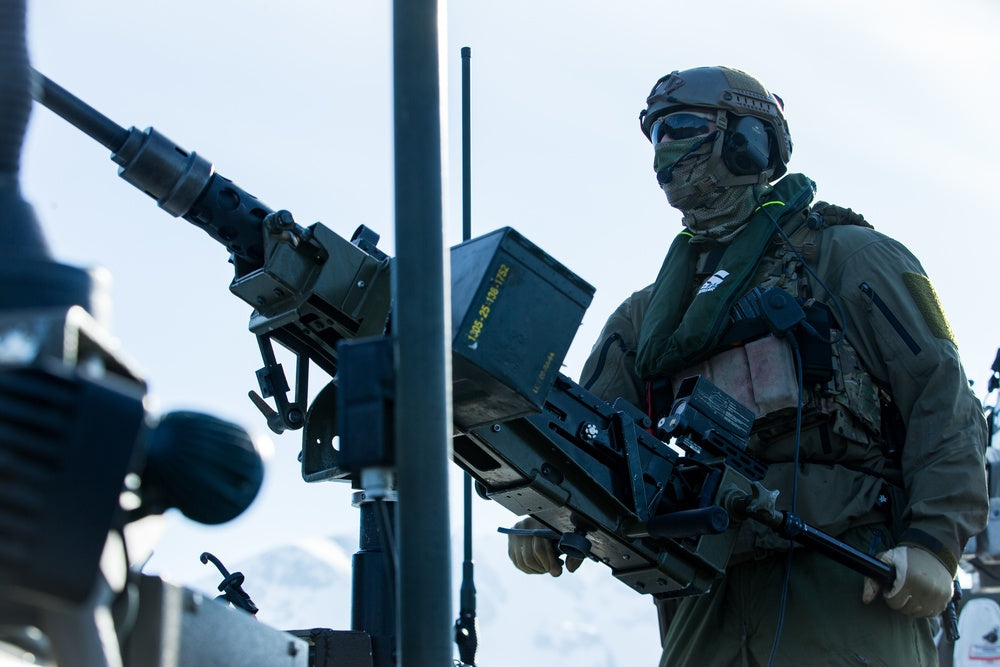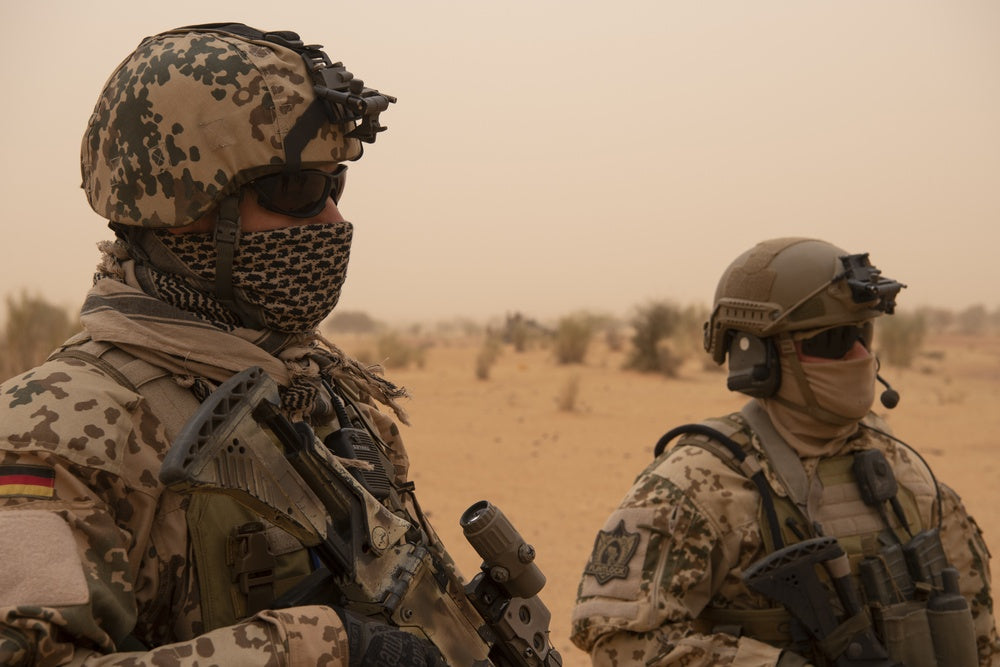
Europe’s Joint Expeditionary Force to increase tactical intelligence sharing
PHOTO CAPTION: A Norwegian Coastal Ranger Commando (KJK) stands watch during Exercise Platinum Ren at an undisclosed location, Norway, May 20, 2019. (U.S. Marine Corps photo by Sgt. Tayler P. Schwamb via U.S. Defense Visual Information Distribution Service)
By Bart H. Meijer
AMSTERDAM (Reuters) -A British-led defence alliance of several European countries will strengthen its sharing oftactical intelligence, the group, known as the Joint Expeditionary Force (JEF), said on Tuesday.
"We know since the attack on (the) Nord Stream (pipeline) that our critical infrastructure is vulnerable and needs to be protected," Dutch Defence Minister Kajsa Ollongren said following a meeting of the JEF.
The JEF - comprising Denmark, Estonia, Finland, Iceland, Latvia, Lithuania, the Netherlands, Norway, Sweden and the United Kingdom - also said it would accelerate cooperation to detect possible threats to critical undersea and offshore infrastructure.
"We need to cooperate with the private sector, with coastguards, we need to share intelligence and capabilities, that's the best way to deter any actor thinking of undersea sabotage. We can't do it ourselves, (we) have to involve other countries," Ollongren said.
NATO and the European Union in January launched a task force to boost protection of critical infrastructure in response to last year's attack on the Nord Stream gas pipelines and Russia's "weaponising of energy".
Dutch military intelligence agency MIVD earlier this year said Russia had tried to gain intelligence to sabotage critical infrastructure in the Dutch part of the North Sea.
It said a Russian ship had been detected at an offshore wind farm in the North Sea as it tried to map out energy infrastructure, and was escorted out of the North Sea by Dutch marine and coast guard ships before any sabotage could take place.
Ollongren said that other countries have seen similar instances.
"(This) means that it is happening on a larger scale," she said, adding that there are no specifics or concrete cases but that "this is what we're dealing with".
(Reporting by Bart Meijer, Writing by Charlotte Van Campenhout; Editing by William Maclean and Jonathan Oatis)









